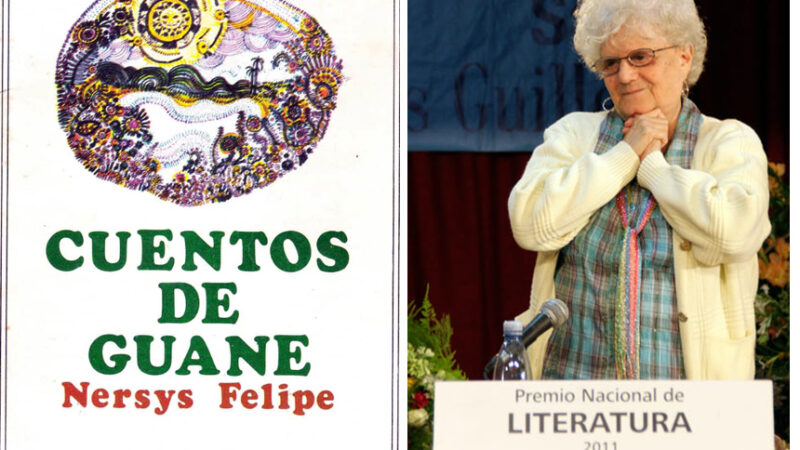Better communication for a better society

When we change the way we communicate, we change society.
Clay Shirky (social media expert).
Communication is the process that articulates those activities related to data flows, messages, and meanings, where the sender and receiver constantly exchange roles, and increasingly so, in the midst of the influences of digital convergence. The context, which is the whole, that is, that which encompasses the events and circumstances that can affect the content or the understanding of what is expressed, is a very important element in this process.
Cuba recently presented its draft Social Communication Law, a document currently in the process of consultation, the final version of which must be approved by the deputies of the National Assembly of People’s Power.
The announced norm contains 69 articles, and in its 12 chapters, it seeks to contribute to the management of communication in a more planned manner – as it should be – in various scenarios such as communities, the media, organizations and cyberspace. New topics are added, such as those related to advertising, sponsorship, image, country branding, and the characteristics of the digital era, among others.
If this consultation process is to be a success, it must be that of citizen participation with a view to perfecting the text, which, in addition to taking into account previous international postulates, takes into account the outline of our Constitution, in force since 2019.
The discussion of the document opens up the possibility of hearing everyone’s opinions. The text can be downloaded from the website https://www.minjus.gob.cu/ and opinions can be sent to leycomunicacionsocial@minjus.gob.cu . In addition to professionals and experts, citizens will be able to express their opinions on the social media sites created for this purpose, and on APKlis (https://www.apklis.cu) you can download an application that allows you to send your opinions on the draft law.
What is a communication law?
In the field of communication, laws regulate rights, freedoms and some of the precepts contained, above all, in a previous constitutional text. They constitute a principle of common application for the various professional practices of branches linked to media and communication, a process that cuts across many social, economic and political activities.
What legal framework should a communication law assume?
In the legal framework in which a communication law is designed, international legislation appears in the first instance. In this sense, the Universal Declaration of Human Rights (UDHR) stands out, an international norm that in its Art. 19 establishes a fundamental guarantee of the right to freedom of speech, within which the freedom of the media is framed.
Art. 19 of the International Covenant on Civil and Political Rights (ICCPR) states that «Everyone shall have the right to freedom of speech; this right shall include freedom to seek, receive and impart information and ideas of all kinds, regardless of frontiers, either orally, in writing or in print, in the form of art, or through any other media of his or her choice.»
At the national level, communication regulations are articulated on the basis of the Constitution, law of laws, existing bylaws, decrees, regulations or any other statutory instrument.
In the Latin American context…
In recent years, Latin America has been witnessing an intense discussion related to public communication policies, a process that has led to the updating of the relevant legislation in many of the region’s nations.
Some processes have been initiated within the framework of political changes expressed in the coming to power of new governments, but also in the modification of the national charters themselves, which oblige the reformulation of regulations to adapt them to the new paradigms. This has been particularly the case in the last decade in Venezuela, Bolivia, Uruguay, Ecuador and Argentina. Added to this is the reform of El Salvador’s General Telecommunications Law.
Many of these changes have been influenced by the development of new digital technologies for the use of the radio spectrum, and the debates on Latin American political models, among other aspects.
Some postulates stated in the draft bill of the Law on Social Communication:
– The purpose of the Law is to establish the general standards aimed at articulating the social communication system of the Republic of Cuba for the strategic and integrated management of social communication processes in the institutional, media and community spheres, in physical and digital public spaces, as well as the principles of organization and operation for all social communication media.
– Communication processes are human, group, organizational and social practices that materialize in the production, distribution and exchange of symbolic content, through the use of various channels and media; they take place in specific contexts and involve transformations in the knowledge, emotions, behaviour and relationships of their actors.
– Transparency in the management of information of public interest, accountability of public officials and citizen participation in the elaboration of policies of general interest, as well as in their evaluation, control and oversight.
– The media, based on their characteristics, guarantee access to content for persons with disabilities, in accordance with international treaties on the subject, to which Cuba is a State party.
– Individuals and institutions are beneficiaries of the rights of reply, rectification and material or moral reparation when they are affected by erroneous, defamatory, slanderous, discriminatory or offensive content, through the media or by any other means that facilitates their public knowledge.
– For the purposes of this Law, crisis communication is understood as communication actions that contribute to the prevention, solution or reduction of situations that endanger the normal functioning of an activity, sector, institution, territory or the country and that affect its credibility, reputation and image.
– Citizens participate in shaping the agendas of key social media and make responsible use of them as platforms for debate on issues of public interest.
– Community communication actions favor the interrelation of the different actors involved in the exercise of government in each locality, reinforce dialogue with the people and the leading role and functions of the constituency delegate, promote transparency, participation and popular control of government management and legally recognized economic and social actors.
– The Cuban image, for the purposes of this Law, is the harmoniously projected and integrated identity of the nation, so that it may be perceived by the public, both within and outside the national territory, as a reflection of its daily reality and culture.
– The Institute of Information and Social Communication is the authority empowered to propose, coordinate and control policies and regulations on Cuba’s image.
– The state regulates the exercise of advertising and sponsorship as part of the country’s social communication system.
– Advertising and sponsorship shall respect the values, rights and principles recognized in the Constitution of the Republic of Cuba, this Law and other regulatory provisions.



